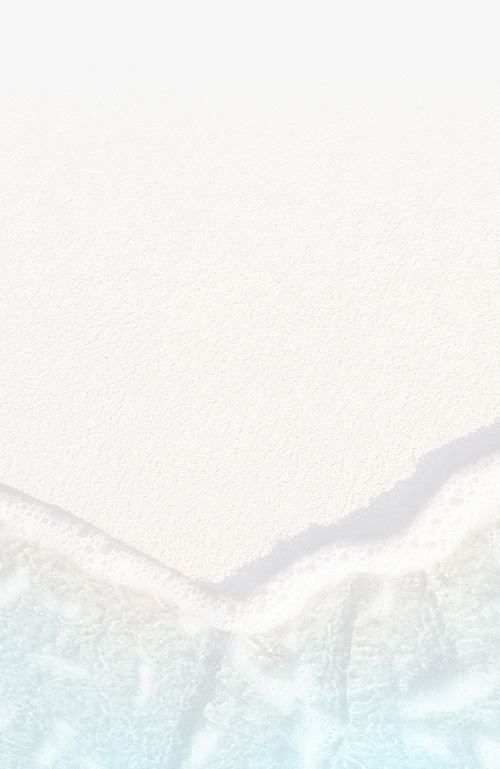While the weather, views, and surfing conditions make Hawaii an ideal place to live or visit, the moisture in the air (and in your home) can cause major issues if left undisturbed.
Excess Moisture Leads to Mold
Too much moisture in your home leads to mold. After a shower or bath, you’ve probably noticed that your mirror looks foggy from steam. This happens to all areas of your home that are exposed to water. As in the water cycle outside your home, water evaporates and redistributes back into the air. In an enclosed space such as your bathroom, the moisture can’t escape, so it finds places to settle instead.
When the water doesn’t have anywhere to go, it settles on your walls, ceilings, flooring, and other surfaces. Mold takes about 24-48 hours to form and can be extremely costly to remove and dangerous to your indoor air quality if left alone.
Plumbing Leaks Can Attract Pests
Moisture is one of the top 3 factors that attract pests to your home. Insects such as cockroaches seek out hidden plumbing leaks as a source of water (which is why you typically find cockroaches in the bathroom or kitchen). Keeping your plumbing in shape and reducing excess water will help keep your home free from unwanted guests.
4 Ways to Control Moisture and Humidity in Your Home
Hawaii has an average humidity of 63% and receives an average of 17 inches of rainfall each year (mostly during winter months). Controlling excess moisture and humidity in your home can prevent costly repairs from water damage and high humidity. Follow these tips to reduce the humidity and moisture levels in your Hawaii home:
Use Your Exhaust Fan
Your bathroom and oven range have exhaust fans for a reason! Turn the fans on while bathing and cooking and leave them on for about 20 minutes after you’re finished to fully remove all moisture from the air. This will help reduce the possibility of mold or mildew growth on your walls and ceilings.
Open the Windows
Opening your windows is a natural way to help ventilate your home and give any excess moisture an escape route.
Grow Plants That Absorb Humidity
Plants can keep your home looking natural and can help you feel more at ease! Certain plants have been tested and recommended by NASA to help reduce the level of toxins in your air quality, but other plants can actually help to absorb moisture and humidity in your home.
Invest in these plants to reduce humidity and improve your indoor air quality:
- Peace lily
- Orchids
- English ivy
- Boston fern
- Palms
- Spider plant
- Cacti
(Make sure you do your research before choosing a plant for your home—some plants, such as the peace lily, can be toxic if ingested!)
Cover Pots While Cooking
Cooking creates steam, which can settle on your walls and travel throughout your home. Put lids on any pots while cooking or steaming foods to keep the moisture contained in the pot!
Steve’s Plumbing & A/C Service (808) 563-4054. has over 30 years of experience to ensure that you get the best and most comprehensive plumbing repairs, installations, and services your home needs. Schedule your service online or contact our team by phone at (808) 563-4054 today!


